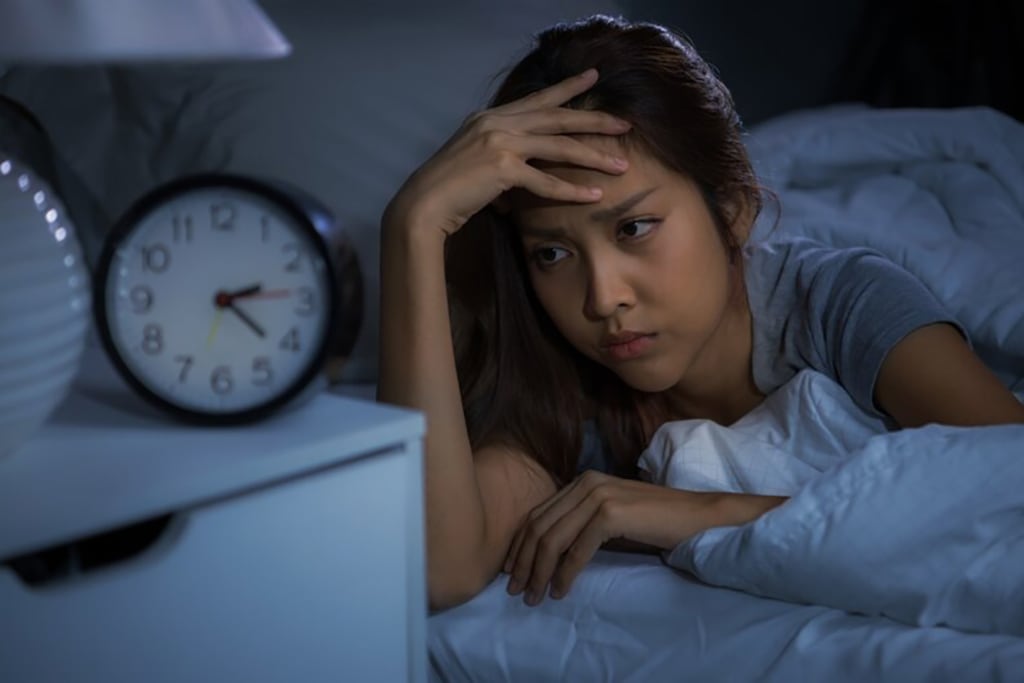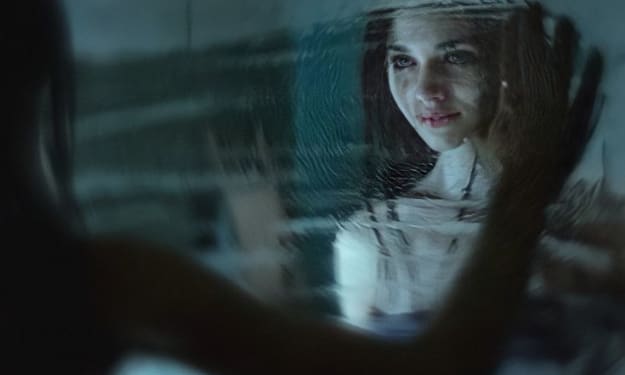Sleep Disorders
Sleep is considered an important basic need that humans should ensure they are adequately receiving just as food, water, shelter, and sex.

Sleep is considered an important basic need that humans should ensure they are adequately receiving just as food, water, shelter, and sex. Your body normally operates on a 24-hour cycle called a circadian rhythm, which aids in determining when to go to sleep. The amount of sleep we require varies by age and between individuals.
Sleep Disturbance is a disruption in the sleep cycle of an individual for a continuous number of days which then affects day-to-day activities. According to the American Psychology Association, Sleep disorders are difficulties with the quality, quantity, and timing of sleep that cause distress during the day and functional impairment. Sleep difficulties frequently co-occur with physical ailments or other mental health issues, like anxiety, depression, or cognitive disorders.
There are various types of sleep disorders that are discussed in the paper (Karna et al., 2020) which are as follows: Insomnia, Sleep-disordered breathing, Hypersomnia, Narcolepsy, Circadian rhythm sleep-wake disorders, Parasomnia, and Sleep-related disorders. It’s important to look at the causes of these disorders before one tries to understand what each of these disorders means. There are multiple causes for different sleep disorders as mentioned above which range from environmental, psychological, genetical, behavioral, breathing control, chest control mechanic, intrinsic abnormalities, timing of sleep cycles, simple periodic rhythmic or complex conditions.
Insomnia- The most prevalent sleep disorder, insomnia, is characterized by difficulties with falling or staying asleep. For patients who struggle with sleep initiation, it takes them at least thirty minutes to fall asleep, and for those who struggle with sleep maintenance, it takes them at least thirty minutes to fall asleep. Medical, psychological, and psychosocial stressors are typically linked to the exacerbations of insomnia, which can frequently be a chronic or recurrent disorder.
Hypersomnia- Individuals who suffer from hypersomnia complain their impairing daytime sleepiness. They struggle to stay awake throughout prolonged periods of time falling asleep inadvertently or at inconvenient moments that disrupt their everyday activities. Several individuals refer to the significant negative impact on their cognitive function as “brain fog.”
Narcolepsy- Narcoleptics go through episodes of uncontrollable sleepiness or repeatedly fall asleep during the course of a single day. Although sleepiness is typically present every day, narcolepsy must be present at least three times per week for at least three months in order to be diagnosed. Narcoleptics experience cataplexy attacks, which are brief periods of rapid loss of muscle tone brought on by laughing or joking. This may cause head nodding, jaw clenching, or even falls. During cataplexy, people are awake and conscious.
Sleep-Disordered Breathing-It includes syndrome, obstructive sleep apnea, and central sleep apnea. Obesity has a significant impact on disruptive forms of Sleep Disordered Breathing.
Circadian Rhythm sleep-wake disorders– Circadian rhythm sleep-wake disorders cause an imbalance between a person’s internal body clock (their sleep-wake rhythms) and the external light-dark cycle. This imbalance results in serious persistent sleep issues and extreme daytime tiredness, which can create significant anxiety or functional issues.
Parasomnia- Sleep disorders like insomnia are common, even in young children, and include sleepwalking, confusional arousals, sleep terrors, sleep talking, and nightmares. Major categories of insomnia include Parasomnias related to rapid eye movement, non-rapid eye movement, and other parasomnias.
Sleep-related disorders– Disorders of motor control, such as excitement or disinhibition, are frequently linked to sleep disturbances and can cause abnormal movements while you sleep. The symptoms of restless legs syndrome include the impulse to move one’s legs along with unpleasant leg sensations that are frequently characterized as creeping, crawling, tingling, burning, or itching. It also includes the desire to extend one’s legs. When resting or inactive, the condition begins or gets worse; it is partially or completely relieved by movement; it is worse at night or in the evening than during the day or only happens at night.
There is treatment for Sleep Disorders that have been suggested through various research trials that have been done. The National Institutes of Health state that while certain medications may be safe and helpful, other medications lack evidence to support their efficacy or present safety issues. Before going to bed, try some relaxation techniques to aid with your sleep disorders. Some types of insomnia may benefit from melatonin supplements. The safety over the long term has not been examined. Although there isn’t enough data to prove how effective mind-body practices like acupuncture, yoga, massage therapy, and meditation are, they are still generally regarded as safe.
Normal physical, mental, social, and emotional functioning can be hampered by insufficient or non-restorative sleep. The general health, safety, and quality of life can all be impacted by sleep disturbances. It’s important to consider going to a mental health professional in case your sleep disorder are linked with other psychological issues. Taking therapy or medications to reduce the impact of the disease on your well-being will help in the longer course of life.
About the Creator
iDigitize Infotech LLP
We at iDigitize, elevate Brands with impactful digital marketing experiences & web development services. From developing your web presence to conveying your brand’s story, we align design & development with effective strategies
Enjoyed the story? Support the Creator.
Subscribe for free to receive all their stories in your feed. You could also pledge your support or give them a one-off tip, letting them know you appreciate their work.






Comments
iDigitize Infotech LLP is not accepting comments at the moment
Want to show your support? Send them a one-off tip.